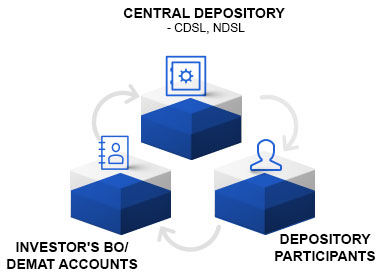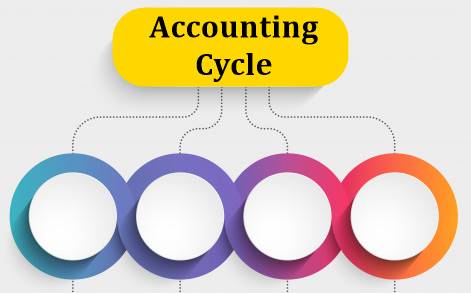
Accountability
What is Accountability?
To put simply; accountability is a situation when a department or an individual is held liable for a certain function’s performance. Mainly, they are responsible for the accurate execution of a specific task, even if they are not the ones who perform it.
There are always other parties who rely on the completion of that task. And, the party that is accountable for it should ensure that the execution takes place precisely. Moreover, even in the business world and financial arena, accountability is a common word that is used.

You can easily find a variety of examples pertaining to accountability. For instance, if it is an Accounting job, an auditor is accountable for reviewing the financial statement of the company and point out any misstatements or frauds.
With accountability, the auditor becomes more cautious when it comes to putting the knowledge in practice as even the slightest negligence can create significant legal troubles.
Talk to our investment specialist
Why is Accountability Important?
Accountability is extremely essential in the Industry of finance. Without balances, cheques, and accountability in the form, the Capital Market’s integrity will not be maintained as it is. There are accountants, compliance departments, and an entire flock of other professionals who work just to make sure that companies get to report their Earnings accurately, trades get executed on time, and information is spread to investors.
In case any of it fails to get executed, there will be fault and penalties. After all, there is a lot that cannot go wrong in finances. However, if something is out of the track, the party that is accountable will have to pay for the Deed.
Accountability Examples
Explaining in the form of an accountability example, suppose there is an Accountant who is responsible for the accuracy and integrity of financial statements, even if there are no errors that the accountant made.
The company’s managers might try to manipulate the financial statement of the company without expressing the same to the accountant. Obviously, the manager will be getting enough incentives to do this.
This will put all the blame on the accountant, when, in reality, he is unaware of what happened. This calls for the importance of having an outside accountant to audit the financial statements. Public companies can also have an audit committee as their board of directors, comprised of outside individuals with accounting knowledge.
Since they are accountable for mistakes; they would have to be more cautious and careful while reviewing every part of the statement.
All efforts have been made to ensure the information provided here is accurate. However, no guarantees are made regarding correctness of data. Please verify with scheme information document before making any investment.












